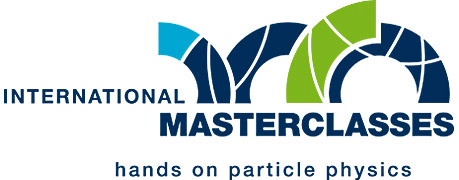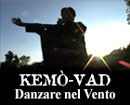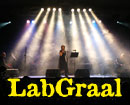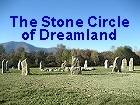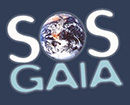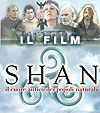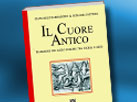| English Page |
10th edition of the International Masterclasses in Particle Physics to attract more than 10,000 high-school students worldwide |
 |
 |
| 10 March 2014 | |
Geneva, 10 March 2014. Each year in spring, research institutes and universities around the world invite students and their teachers for a day-long programme to experience life at the forefront of basic research. These International Masterclasses give students the opportunity to be particle physicists for a day by analysing real data from CERN’s Large Hadron Collider, the LHC. This year’s edition will attract more than 10,000 high-school students from 40 countries, celebrating the 10th edition of the initiative between 12 March and 12 April 2014. While a Higgs boson has already been discovered by scientists at the LHC, the data hold many other interesting secrets waiting to be found. In the International Masterclasses, high-school students work with real data collected by the experiments at the LHC. The main idea of this annual programme is to let students work as much as possible like real scientists. “The International Masterclasses are a unique opportunity for students to work elbow-to-elbow with scientists and get a taste of how modern research in physics works,” said Michael Kobel, physics professor from TU Dresden and head of the programme. Four experiments - ATLAS, CMS, ALICE, and LHCb - have made data available for educational use for the International Masterclasses. Students examine the products of collisions between elementary particles that travel through the 27-kilometre accelerator at close to the speed of light. A wide range of study tasks is available. For example, students can rediscover the Z boson or the structure of the proton, reconstruct “strange particles” or measure the lifetime of the D0 particle. One of the highlights is of course the hunt for Higgs bosons. ATLAS and CMS have made available real Higgs candidate events for students to track this rare, elusive, and very short-lived particle. This year scientists at some 200 universities and laboratories in 40 countries worldwide are hosting International Masterclasses at their home institutions, including new participants from Chile, Jamaica, Ecuador, and Mexico. “In fact, the number of institutes and countries participating in this year’s Masterclasses is even larger than the number of institutes and countries in the ATLAS and CMS collaborations,” said Hans Peter Beck from University of Bern, co-chair of the International Particle Physics Outreach Group (IPPOG). Just as in many real collaborations in particle physics, students experience this international aspect when they present their findings at the end of their research day, in a video linkup with CERN or Fermilab (Batavia, Illinois, U.S.) and student groups in other participating countries. The International Masterclasses are coordinated by TU Dresden and QuarkNet and managed by an international steering group in close cooperation with IPPOG. “The strength of IPPOG is the international network of active particle physicists who form the backbone in bringing the International Masterclasses so successfully to many countries,” said Rolf Landua, head of CERN’s Education Group. |
 -->
-->
